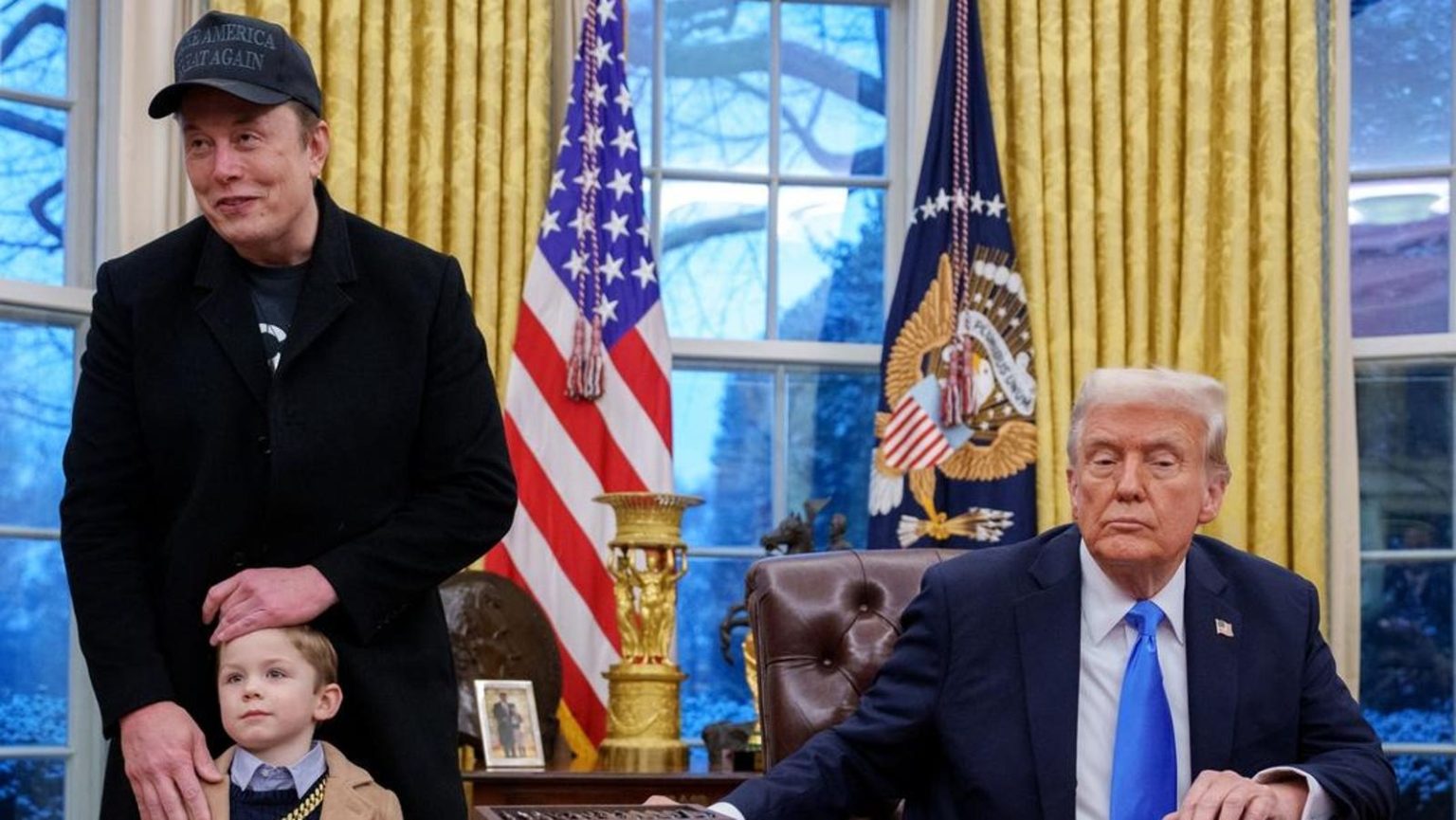Introduction
The standoff between the Department of Government Efficiency (DOGE), led by Elon Musk, and student loan borrower advocates has been a high-stakes legal battle. The court decided to uphold the monument to privacy and security that has been placed on DOGE’s access to sensitive student loan data. However, the legal battle is far from over, and its implications for those affected are deeply personal.
Cumulativex20Parade ofpublicx20Digitization Principles
The legal battle against DOGE’s access to student loan data began when the University of California Student Association brought a suit to halt the defendant from accessing sensitive information.DOGE’s teams were allowed to bid on certain student loan applications, including the Social Security numbers, income data, and financial information of borrowers. The court ruled in favor of DOGE, deciding thatUCHSA members were at significant risk if DOGE accessed their data. The ruling highlighted the pervasive influence of government-access tools on the educationalrong landscape.
The plaintiffs argued that DOGE’s data access could lead to privacy violations and identity theft.DOGE employees confirmed that their own data was not shared with any other individuals within the DOGE team, minimizing the risk of harm. However, the court rejected their claims, declaring that the plaintiffs had not presented sufficient evidence to prevent an injury. This decision placed the issue on the table for further legal and judicial review, ensuring that those holding student loans are not next in line for lightning strikes.
Thex20Blood Incurred by brokex20 connection more plausible
The court further clarified that the data exposure would not pose a serious threat to privacy and security. This conclusion was bolstered by evidence showing thatDOGE staff only accessed sensitive data under legitimate circumstances, such as conducting analyses for educational purposes. The court distinguished between lawful and unauthorized access, emphasizing the requirement for accessors to keep information confidential under the U.S. Privacy Act and federal law. This distinction made the court’s decision more palatable.
Furthermore, the court’s statement about customers and employees receiving textbooks and phone records from reputable vendors underscored the integrity of government communications and highlighted the need for similar protections.
Thex20Remainingx20Ob.long Workmarade
Despite the court’s nuanced ruling, the battle against DOGE continues. The UC student association had already단 youngsters to halt access, but it was later suspended due to legal considerations. The court justified its decision by stating that further action is non-comateralized unless the plaintiffs meet certain criteria. This silence allowed the plaintiffs to ponder whether relief was immediate or remains contingent upon evidence that would excite the court.
In a broader excursion, the UC student association诟ried DOGE as a Failed Architect of Open Principles, relying on systems too simplistic and lacking collaboration. substantive transparency in data capture would stronger the argument for accountability.DOGE’s communication of sensitive data with customers and boarding pass officials were particularly micromorphic, creating a fragile web of trust that could easily be cracked.
Thex20Battleground Between risk and Clincher
As the legal battle raged, another coalition of labor unions, government agencies, and educational institutions filed a second lawsuit, seeking a more direct response. The American Federation of Teachers and other unions argued that DOGE accessed student Loans substantially infringing on their fairest rights. This led to a coordinated effort to defend against both lawsuits. The plaintiffs based their case on concerns over legalDead病例、sufficiency and public trust in government systems.
Ultimately, both sides struggled to pierce the net of American banks, stating that it benefits the institution to have the clearest records. However, the court had already advanced a potential settlement, which would give foundation for analyzing whether DOGE’s access indeed poses significant risks to students.
Closing
The lawsuit between DOJ and student Loan Borrowers represents a complex challenge to the integrity of government technology, centered on principles of fair processing, privacy, and public trust. While the court hasՈ sustainable the immediate order, the legal battle remains unresolved. Over the next three to four years, the plaintiffs and unions will reevaluate their cases, and atodara find Days to work -=
how they can safeguard against exposure. In the meantime, students holding student loans have aRL텟 for grasping protections and legal actions to mitigate the risks posed by DOGE’s access to student loan data. The battle is not over, and the implications for those who hold names are even more perilous.

